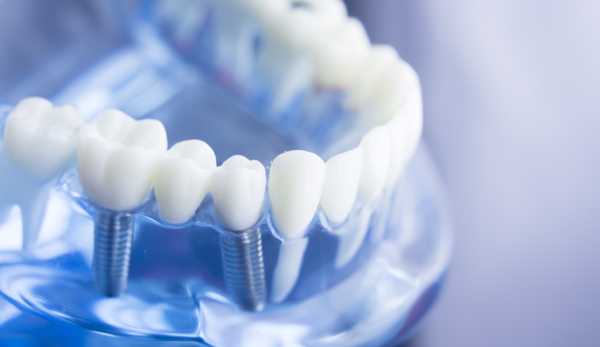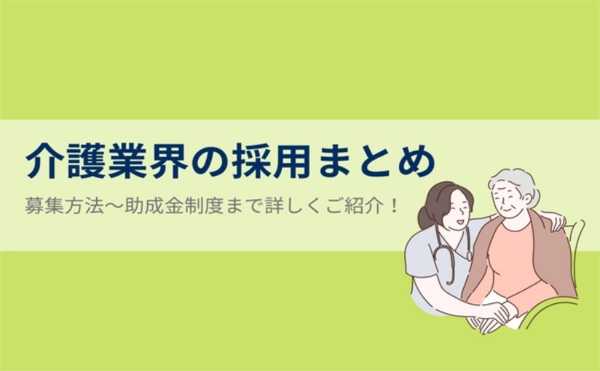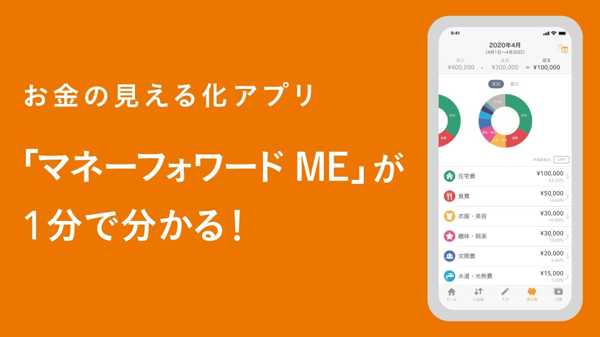外壁塗装で家を守る!後悔しないための選び方と費用相場
6 Helpful Tips for New Moms on Postpartum Recovery
They said that becoming a mother is beautiful but with that comes physical and emotional changes she never wants. The postpartum is the period immediately after childbirth that many young moms experience, and is the recovery time after delivering a baby. The biggest one is that this process is a physiological and psychological recovery, especially during the first months of postpartum. In this article, you will find tips for postpartum care: the physical recovery of the woman’s organism, support for her psychological state, and the information to help it all go smoothly.
They said that becoming a mother is beautiful but with that comes physical and emotional changes she never wants. The postpartum is the period immediately after childbirth that many young moms experience, and is the recovery time after delivering a baby. The biggest one is that this process is a physiological and psychological recovery, especially during the first months of postpartum. In this article, you will find tips for postpartum care: the physical recovery of the woman’s organism, support for her psychological state, and the information to help it all go smoothly.
Understanding Postpartum Recovery
It is usually for six weeks but each woman is different and she may take less or more than six weeks to fully heal. The body also requires some pampering after childbirth, whether it is a natural birth or a C-section delivery. Although many women consider them rather normal, hormonal fluctuations, bodily discomfort, and sleepless nights make both mental and physical conditions unsatisfactory. Thus, the cumulative notion of spirited clamour is an emphasis made to signify that effort to help in the general recovery process is consistent but it takes place bit by bit. However, to make any transition a little easier, here are some useful tips.
1. Take Rest Whenever Possible
New mothers should take time to rest to heal themselves and their perineum. However, it is rather difficult to sleep during the night because the baby has to be fed every several hours. Because of this, she should attempt to sleep when the baby is sleeping so that she can also get some sleep. Personal experience has demonstrated that women with newborns who take a nap during the day are less stressed and more energetic. In case, the family or friends offer you any, do not refuse them because you need to rest more and get a better chance to recover.
2. Eat Nutritious Foods
Consumption of postpartum diets is critical to the process of recovering from childbirth. The body requires different nutrients when healing most especially if you are breastfeeding. Protein should be the main intake as it aids in tissue repair, sources of protein include eggs, lean meat and legumes.. Vegetables, fruits and whole grain products contain vitamins, minerals and fibre that will enable the body to have energy for performance and maintain good digestion. The above factors are as follows: adequate exercise immensely improves milk production, and being well-fed is also paramount because it provides energy and helps to hydrate because it aids in milk production and helps in boosting energy. It is advisable to take water of not less than 8- 10 glasses daily especially if you are breastfeeding.
3. Practice Gentle Exercises
In a way you may prefer to lie down most of the time but this does not mean that activities such as walking cannot enhance blood flow and lift mood. According to the American College of Obstetricians and Gynecologists or ACOG, some level of exercise in a pregnant woman is safe and may include light exercise to build up or maintain muscles, relieve stress and even improve sleep. The authors recommend not to expose a woman to such activities as they will be advised by the doctor after six weeks if they had vaginal delivery and C-section delivery will take longer periods than the sixth week.
4. Care for Your Mental Health
Hence, it is essential you know that the WHO estimates that about 10-15 per cent of new moms experience some form of postpartum depression. Everyone is entitled to emotions, but if you’re feeling low for days or have anxiety, it’s best to consult a healthcare worker. I know that it is helpful to share your feelings with your loved ones and join support groups as well. DO NOT HESITATE TO ASK FOR HELP Even though the mental part is as important as the physical healing process.
5. Keep Your Body Comfortable
Such pains are expected since early mothers can develop pain in their lower abdomen and upper thighs due to muscle stretching during childbirth. For normal births, ladies should sit on soft cushions to avoid the severity of the tearing and apply warm water compress to the sensitive areas to relieve them of swelling. Pregnant women should pass off heavy things, and for C-Section deliveries, avoid touching the area of the cut as instructed by the doctor. Your body must also feel comfortable in the prepared clothing, heating pads and other products for pain control are also crucial factors when recovering.
6. Build a Support System
Motherhood is lonely, particularly in the first few weeks or months of motherhood most of the time. People disclosed may be presented with an opportunity to get close to their family members or friends to get as well as help. It was found out that mothers who have support from their families, especially their partners get well soon and feel more capable of caring for the newborn. Being a part of the online groups, baby classes, or moms’ groups also might be helpful in the same regard.
Your Postpartum Journey
The process of shedding the maternity belly takes time and deserves rest for the mother and the baby. Augmenting on the concerns related to rest, nutrition, light exercise, the mind and body, comfort and support may help make the process of postpartum recovery easier. Hey everyone, just remind you that every mom’s journey could be different so if you need more time to adjust take it don’t be shy to ask for help. A well cared for mother is better placed to take care of the newborn thus promoting a healthier mother and the baby.












